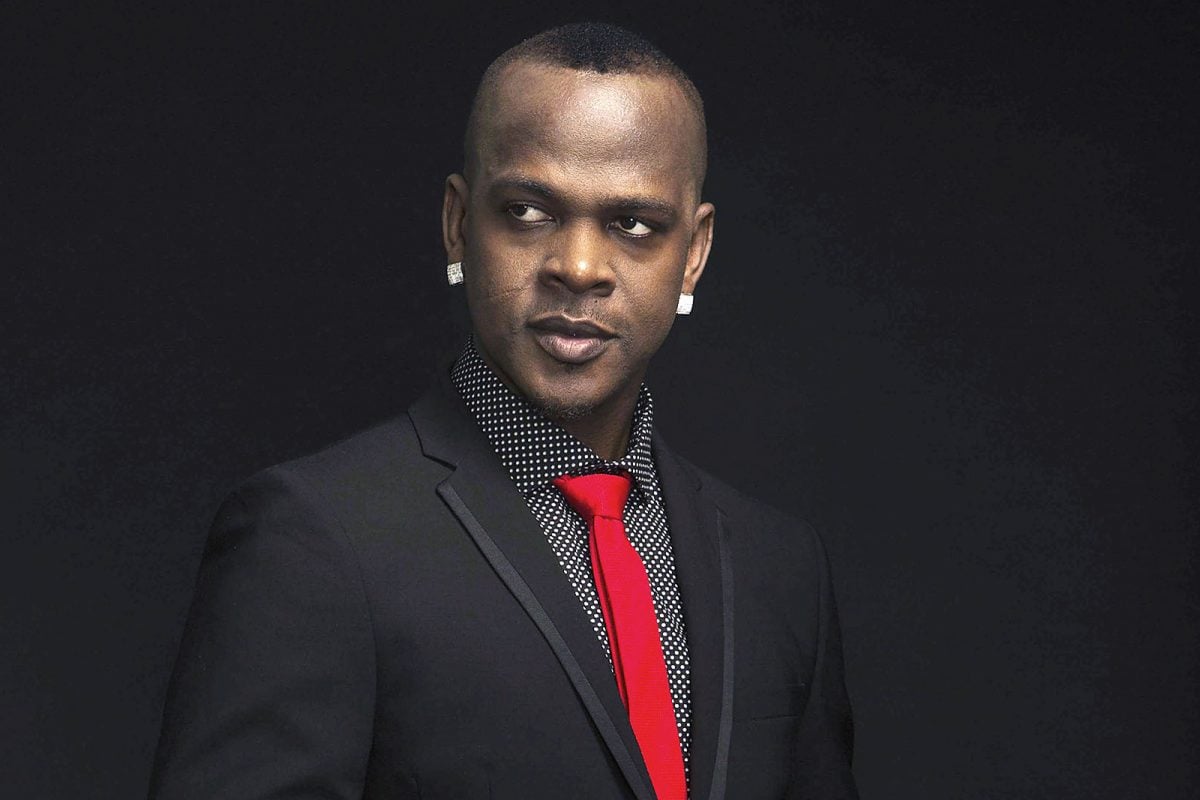Mr. Vegas Blasts Media For Ignoring His Bounty Killer Birth Certificate Allegations

Mr. Vegas has expressed outrage that members of mainstream media have not given him the traction he says he deserves after he posted what he alleges to be a birth certificate of Bounty Killer’s first child, on social media, whom he asserts was born to a teenage mother when the Coppershot artist was 21.
However, Mr. Vegas’ protestations could be construed as legally contentious, as he did not state whether or not he was authorized by the data subject (Bounty’s child) to have access to the birth certificate which, under Jamaica’s Data Protection Act, is classified as “personal data.”
On Friday morning, a visibly upset Mr. Vegas took to Instagram and, in a post he titled “Fake activists”, condemned broadcasters and other media members who had been allegedly badgering Tanya Stephens to reveal the name of the Reggae artist who raped her 3o years ago, and juxtaposed that case with the Bounty paternity matter.
“Mi a guh tek three minutes and show yuh how dem teck wi fi eediat…Di people dem weh can think critical; mi a guh show yuh how dem teck yuh fi eediat. Tanya Stephens come forward and shared her experience. Di people dem seh: ‘call name’,” he began.
“Shi seh shi naw call no name; dem seh ‘call name, caw wi want to know a who suh wi can stop support di person’. ‘Call name suh yuh can stop other women from getting raped’. Shi seh no shi naw call no name, caw it naw guh change nuttn. Oonu just want know a who suh oonu can gossip. Media a call har a link har fi shi talk a who. Radio station a link har fi call a who so wi can stop play di person music. Shi see ‘no’… suh dem seh ‘wi done wid yuh…” he added.
Vegas continued: “Watch di contrast: a name came forward – one a di biggest star inna Dancehall name come forward wid evidence. Crickets. Mi naw talk di two likkle vloggers dem weh a put it up. Sorry fi call oonu likkle vloggers but oonu understand. Crickets,” he taunted.
Vegas said he was disappointed as many persons in response to the certificate he posted, were justifying the relationship.
“One a di biggest stars inna dancehall name come forward wid all evidence. Crickets. Dem all a justify it an a seh maybe dem a did girlfriend and boyfriend,” the Nike Air artist said.
“Oonu si seh Tanya did right. Oonu neva want no name. Oonu did just want mixup and some gossip. Wi wi neva get rid a paedophiles and rapists outta wi culture,” he added.
https://www.instagram.com/p/CUvzbnaAbdh/
It might just be a double-edged sword for Mr. Vegas though, as while some fans thought his intentions were noble, on some social media platforms, followers questioned his motives as well as the integrity of the birth certificate he presented, and whether or not he was guilty of having unauthorized access to someone else’s personal data/documents.
The matter of who should have authority to apply for and have access to birth certificates has been a contentious issue in Jamaica, particularly since August 2015.
Back then the Registrar General’s Department (RGD) declared that it was taking steps to “restrict to certain categories of persons the right to apply for birth certificates because of increasing incidents of fraud and identity theft,” according to the Gleaner.
The chief executive officer of the RGD, Deirdre English Gosse, had expressed grave concern that there were no restrictions in the Registration of Births and Deaths) Act barring any member of the public from applying for the birth certificate of another Jamaican “if he/she is privy to certain basic information about the individual, including his name”.
The Data Protection Act, 2020, which seeks to safeguard the privacy and personal information of Jamaicans, and which was passed in the Senate in June 2020, requires that “data should only be obtained for specific lawful purposes, with the consent of the individual’. According to the Act, personal information (data) means all information that can be used to directly or indirectly identify a person.
In January this year, the Office of the Prime Minister through its principal director for the NIDS project, Shereika Hemmings-Allison, had pointed out that 1,072 cases of forged birth certificates were detected by the RGD Between 2010 and 2018.
Also, in January 2018, chief executive officer of the Passport Immigration and Citizenship Agency (PICA), Andrew Wynter told The Gleaner that there were Jamaicans whose lives were placed on hold as their identities were stolen by individuals, who used among other things, their birth certificates to carry out their bad deeds.
Director of passport services at PICA Amy Johnson-Lynch had warned that allowing birth certificates to fall into the hands of strangers could be devastating, as the document which is deemed the bedrock identifying document, once controlled by someone else, proactively preventing fraud is virtually impossible.
